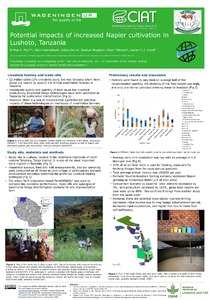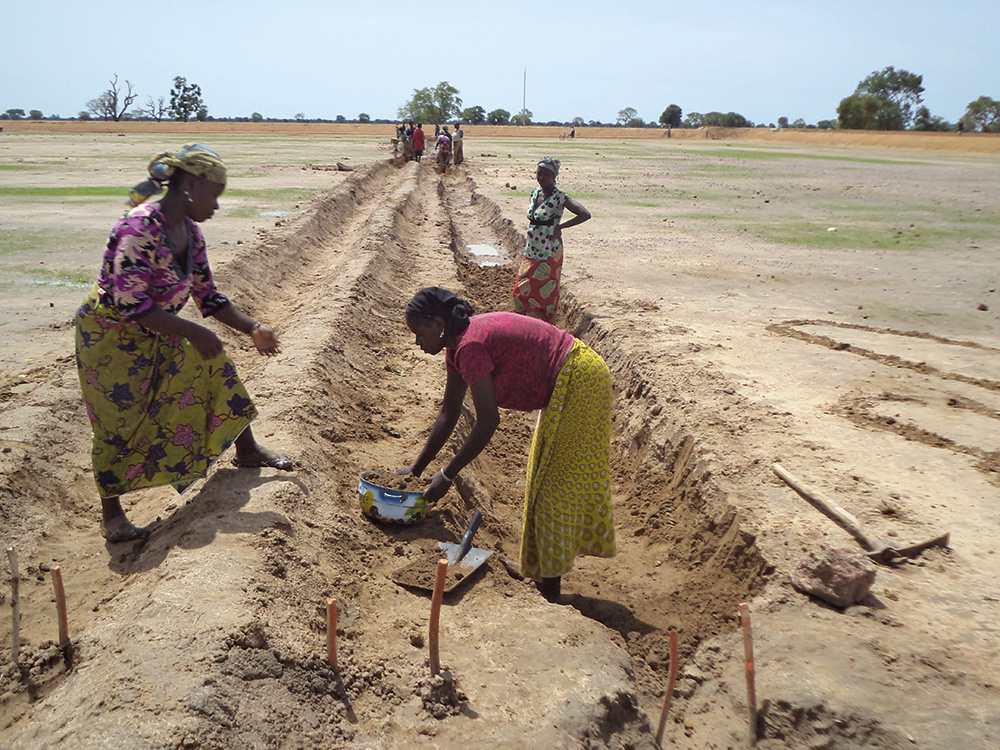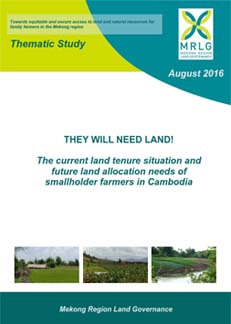Land reform – the solution to rural poverty?
A critical assessment of 22 years of land reform policies in South Africa. Concludes that land reform has been captured by elites. The most powerful voices are those of ‘emerging’ black capitalist farmers (often with non-farm incomes), traditional leaders, large-scale white commercial farmers and agribusiness corporates, who are all benefiting more than the poor.
Survey to assess farmers’ economic perceptions, preferences and decision-making criteria relating to climate-smart soil protection & rehabilitation in Benin, Burkina Faso, Ethiopia, India and Kenya
Key findings
Custodians of the land, defenders of our future
Since 2009, Oxfam and others have been raising the alarm about a great global land rush. Millions of hectares of land have been acquired by investors to meet rising demand for food and biofuels, or for speculation. This often happens at the expense of those who need the land most and are best placed to protect it: farmers, pastoralists, forest-dependent people, fisherfolk, and indigenous peoples.
Organic equals conventional
In a long-term project in Kenya, the Swiss-based Research Institute of Organic Agriculture has examined the potential of organic and conventional agriculture regarding soil fertility, the occurrence of pests and diseases, and profitability. Initial results make a strong case to implement policy measures necessary for supporting the adoption of organic management practices on a large scale.
Strengthening family farms: a path to follow in combatting poverty in Africa
A project in Burkina Faso has given a clear demonstration of what supporting family farms can achieve in terms of poverty alleviation and rural development. One important success factor was the transfer of land to farmers, accompanied by a secure land-tenure policy adapted to their needs.
Snakebite brings social and financial burden among Indian farmers
Snakebites are a crucial, yet underreported issue in many South Asian countries. In India, they kill some 50,000 people every year. However, the government has neglected the issue. Now, it’s time to seriously address this all but forgotten public health problem, our author maintains.
A survey exploring private farm advisor perspectives of agri-environment schemes: The case of England’s Environmental Stewardship programme
Most stakeholder-based research concerning agri-environmental schemes (AES) derives from work engaging with farmers and land managers. Consequently, the voices and opinions of other actors involved in AES tends to be unrepresented in the wider literature. One group of actors that seem particularly overlooked in this respect are private (independent) farm advisors (i.e., the consultants contracted by farmers and land managers to advise-on AES and agronomic matters).
Acuerdo Nº 5 - Reglamenta parcialmente el artículo 20 de la Ley Nº 160, modificado por el artículo 101 de la Ley Nº 1.753, sobre el Subsidio Integral de Reforma Agraria (SIRA).
El presente Acuerdo reglamenta el Subsidio Integral de Reforma Agraria (SIRA), en cuanto a sus generalidades, sujetos de atención, predios a adquirir, proyecto productivo y procedimiento para su otorgamiento. El presente Acuerdo únicamente se aplicará cuando no existan las zonas rurales con intervenciones integrales para promover el desarrollo rural, o cuando existiendo no sea viable la asignación del subsidio al interior de ellas. El SIRA será equivalente al valor de la Unidad Agrícola Familiar (UAF), fijada en función de la evaluación técnica y financiera del proyecto productivo.
They Will Need Land
In Cambodia, the majority of the population is still composed of smallholder family farmers. 54% of the total labour force is employed in agriculture. They have access to 3.6 million ha of land, representing 19% of the country’s total land. The rest is divided between large scale economic land concessions (12%), public forests and protected areas, unclassified areas and some infrastructure.
Smallholder farmer market segmentation toolkit
This document provides an introduction to the Smallholder Farmer Market Segmentation Toolkit produced by the National Agricultural Marketing Council (NAMC) and the Southern Africa Food Lab (SAFL) during 2014 and 2015.
Five-year Development Plan 2016 – 2020 for the Agricultural, Marine Fisheries and Natural Resources Sectors.
This sectoral document aims to illustrate and analyse the main factors of development policy concerning some sectors of fundamental importance for the Tunisian economy.Strategic objectives for the agricultural sector are (i) the natural resources sustainable development together with the reduction of the impacts of climate change through traditional water resources mobilization form groundwater and non-traditional water resources from desalinization and use of treated water; (ii) addressing real estate situations, resistance to ownership dispersion and exploitation of agricultural lands; (i










